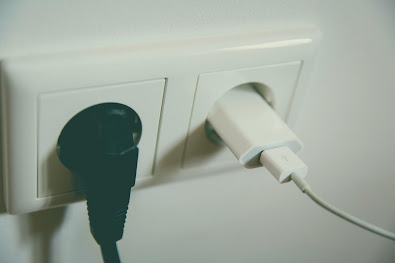Why Does My Old Phone Charge Slowly But Heat Up More?

The Truth About Aging Batteries Welcome back to Hobitronics — where we decode the daily mysteries inside your gadgets. Today we’re getting into something everyone with a 3-year-old smartphone has asked themselves: "Why is my phone charging so slow? And why does it feel like it’s cooking itself while doing it?" You’re not imagining it. Aging phones really do charge slower and heat up more — and the reason lies deep inside the battery chemistry , internal resistance , and the invisible wear and tear of thousands of charging cycles. 1. Your Battery Ages — Even If It Looks Fine Smartphones use Li-ion or Li-Po batteries . These are fantastic when new, but over time: Electrochemical reactions degrade the anode/cathode SEI (Solid Electrolyte Interface) layer thickens Lithium plating reduces active ions Capacity drops with every charge-discharge cycle This degradation results in something very important: higher internal resistance . 2. Internal Resistance: Th...


